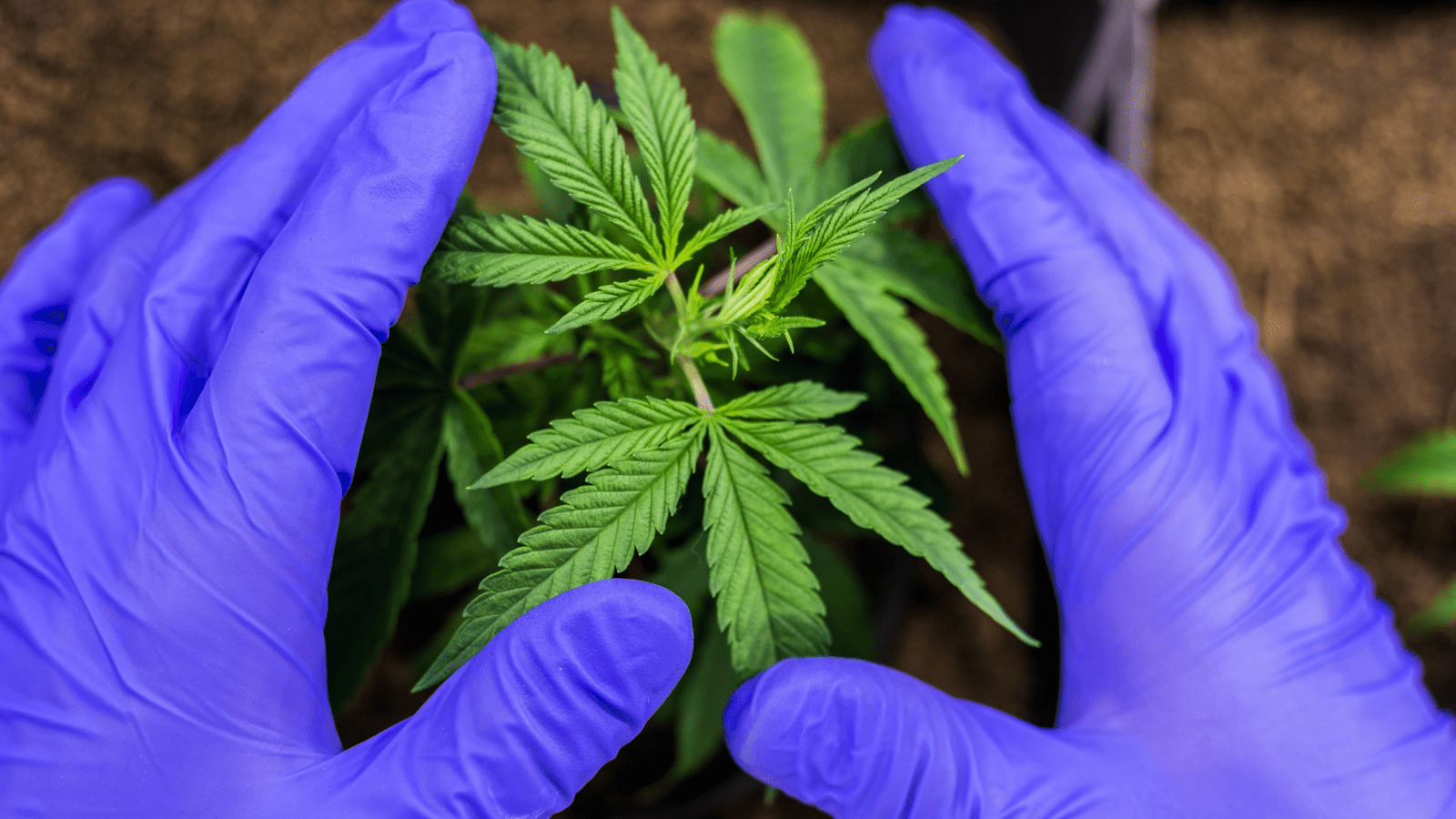This article first appeared on the Magnolia Tribune.

The concerns impact one of the state’s largest medical cannabis testers in Mississippi, Rapid Analytics, and product that has been certified through their facility.
The Mississippi State Department of Health (MSDH) has put an administrative hold on a large number of medical cannabis products after allegations that those products were not properly tested for pesticides.
The halted products are those tested by Rapid Analytics out of Natchez, one of two testing facilities in the state. Steep Hill Mississippi, located in Jackson, are still able to test products for dispensaries.
MSDH notified Rapid Analytics of the issue on the Wednesday after Christmas. The two groups met to review the company’s testing procedures.
A representative from Rapid Analytics said the claims of improper testing are baseless and came from an anonymous phone call. The company indicated that this hold has impacted roughly 70 percent of the medical cannabis product on the market in the state. Rapid Analytics plans to retest all cannabis samples, even though they are not required to do so in order to reassure patients and dispensaries.
Since the state made medical cannabis products legal for specific ailments the program for which product can be developed, tested, and dispersed, has been operated by the MSDH. The Health Department, which certifies growers and dispensaries, requires products be tested prior to dispensaries obtaining and selling the items.
Medical marijuana products first hit the shelves in January of 2023.
“The specific circumstances leading to the hold remain under investigation by MSDH, but the retesting is to validate results related to the use of pesticides and presence of mycotoxins,” said MSDH in a press release.
MSDH added that no illnesses have been reported related to the impacted products.
This hold prevents dispensaries from selling any cannabis product that was tested by Rapid Analytics until further notice. MSDH said roughly 9,814 unaffected packages are still on the market in dispensaries, which comes to about 20% of all packaged products. Most Mississippi dispensaries were impacted by the hold with only 10 facilities in the state using Steep Hill.
MSDH said officials are overseeing the retesting of the medical cannabis products and testing is being done in licensed medical cannabis facilities with approved methods. MSDH indicates that this retesting is being prioritized based on type and category of product. For instance, flower and bud is being tested first because it serves as the base for many more products. As batches are cleared, MSDH will remove holds and they will return to the market.
“Through the state’s seed to sale tracking system, the agency can isolate the batch and lot numbers associated with this administrative hold and expedite the retesting. The tracking system is an invaluable tool to assist with regulatory compliance and overall product safety,” said Laura Goodson, Director of the Mississippi Medical Cannabis Program.
Mike Watkins, Executive Director for the Mississippi Independent Cannabis Association said all parties involved in the cannabis business are taking this issue seriously.
“The scope of how large this is, makes us not want to rush through it,” said Watkins. “If that many products are impacted, we want to make sure they are tested and safe. That’s why we have a legal regulated market.”
Watkins said the state has been in contact with growers involved in the tested product, but because of the ongoing investigation many cannot comment. This has left the public with a lack of information. He added that a key component to rectifying testing issues in the future is the opening of additional facilities like Alchemy Analytics in Meridian and Magnolia Tech Labs in North Mississippi. Watkins said those facilities are in the process of being certified to test product.
“Our focus now has been on working with patients and dispensaries to get new products to them that they can use, if the ones they prefer are being held due for retesting,” said Watkins.
Individuals suffering from the below ailments are eligible for a medical marijuana card:
Cancer, Parkinson’s, Huntington’s, muscular dystrophy, glaucoma, spastic quadriplegia, HIV, AIDS, hepatitis, amyotrophic lateral sclerosis (ALS), Crohn’s, ulcerative colitis, sickle cell anemia, Alzheimer’s, agitation of dementia, PTSD, autism, pain refractory to opioid management, diabetic/peripheral neuropathy, spinal cord disease, or severe injury; chronic medical treatment that causes cachexia or wasting, severe nausea, seizures, severe and persistent muscle spasms, or chronic pain.
Earlier this month, Steep Hill, the other testing facility, sounded the alarm on potentially deadly toxins found in products sold throughout Mississippi gas stations. The products, which are allowed under the 2018 Farm Bill, are hemp based but cannot have a THC content of more than 0.3 percent.
RELATED: Testing facility finds potentially deadly toxins in products being sold in Mississippi gas stations, convenience stores
The testing, however, found THC levels of between 1 and 15 percent in those products. Steep Hill also tested for the presence of heavy metals like lead and arsenic as well as pesticides, mold and bacteria. They reported that of the eight pre-rolls, or marijuana cigarettes, one contained high levels of pesticides.
State lawmakers say they are working towards a bill to address this issue.
This article first appeared on the Magnolia Tribune and is republished here under a Creative Commons license.
Read original article by clicking here.

